High School Students
'OneLife' Social Media Current Affairs Video Show
- Contents: One 30-minute lesson every term
- Support: 1 x teacher lesson plan (if class-taught) or 1 x workbook (if self-paced learning)
- Quiz / Assessment: At the end of every episode
- Duration: 22-min video playing time, plus workbook
- Skill level: Ages 12 to 17 (Grade 7 up)
- Language: English
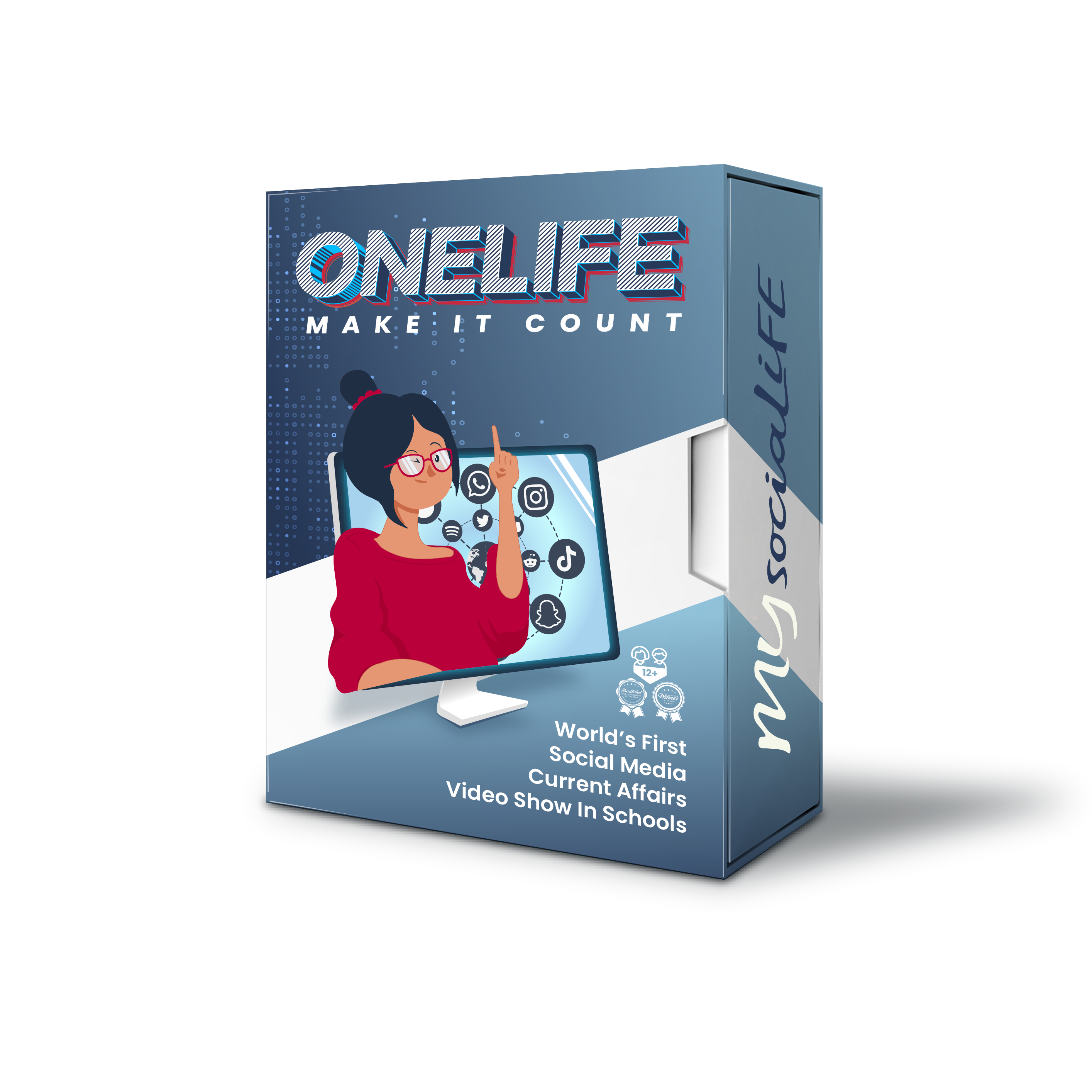
Watch our short OneLife explainer video
Overview
This is the world’s first social media current affairs video show in schools.
– A compact 25 minute lesson
– A new episode every term
– Unpacking the hottest stories of the month
– Compiled and designed by a 4-person GenZ team, aged between 18 and 23
We’ve put together a mix of stories which examine everyday digital topics like:
– Fake news
– Mental health tools
– Clickbait
– Sextortion
– Cyber hacks
– Real student stories
But Why?
Well, after 12 hard years at school, students won’t want their high school mistakes to come round and bite them in the behind. It isn’t about getting learners offline, it isn’t about boring parent-teacher lectures, it’s about up-leveling their ‘savvy’ so they spot the cruel hacks that have taken down so many other teens
… who also thought it would never happen to them!




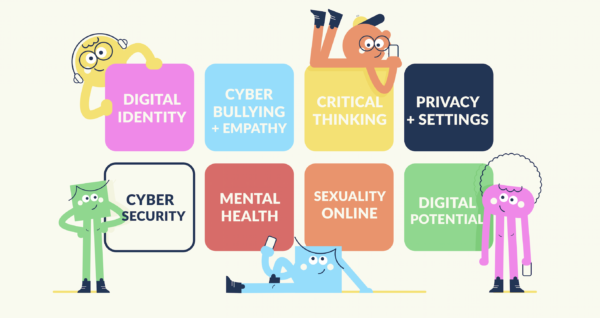
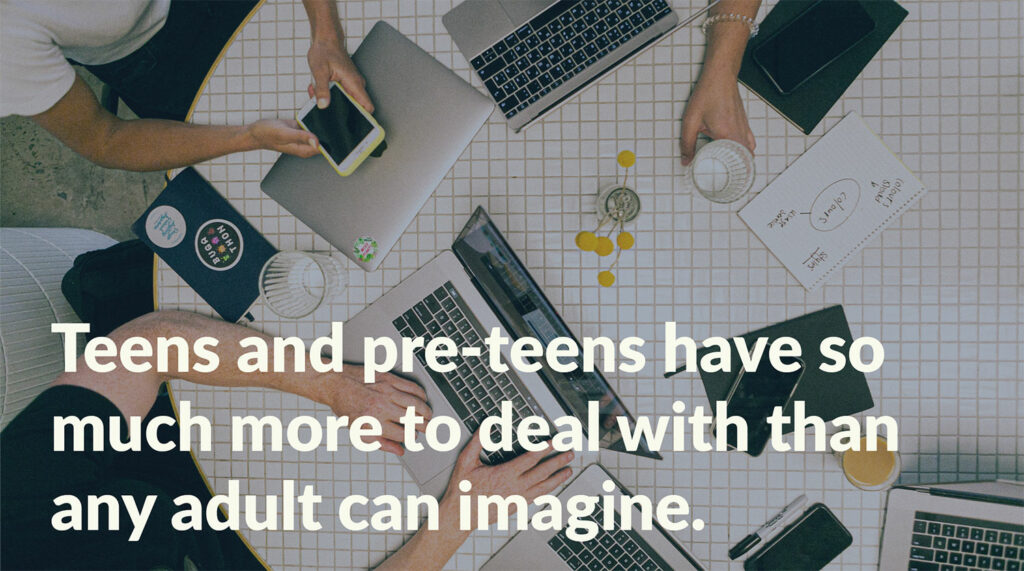
What will students learn about during the episodes?
- Critical thinking online
- Digital identity, digital footprint and reputation management
- Cyberbullying and empathy
- Privacy, smart device and social platform settings
- Cybersecurity and scams
- Mental health, brain-body connection and digital wellbeing
- Obsessive use, addiction and focus
- Sexuality online, sexting and sextortion
- Digital potential and exploration
Why is this necessary for schools?
- It’s impossible to keep track: There are so many new apps to understand, privacy settings, cybersecurity warnings, trends in bullying, new digital dares and different types of sexual expression online, it’s impossible to keep up and keep track.
- Parental demand: Parents expect their school to take action, and, at the same time, schools want parents to take responsibility. MySociaLife trains students, parents, teachers and school leaders, bringing all role-players up to speed whilst empowering them to be safe online.
- Reputation matters: If things go wrong online for a student (or teacher), the story breaks quickly. The school’s hard work, and its brand, are in jeopardy along with next year’s student intake applications.
- The invisibility of mental health issues: During presentations and student surveys, we hear from learners struggling with anxiety, depression and self-harm. Parents, teachers and guardians are often the last to know – up to 40% of teens do not share their online fears and concerns with parents, teachers or counsellors.
- Varsity/University: As applications for the next phase of education become more competitive with administrators checking social media profiles, only those with positive digital footprints stand out. We show students how to differentiate themselves by building positive digital assets like Linkedin, personal websites and online resumes.
- Teacher support: Teachers report difficulty competing with devices that facilitate bullying, gaming, and social media – resulting in distracted, exhausted, disengaged or anxious students. It is of paramount importance that teachers know what to look out for.
How does it work exactly?
Requirements
- Once your school has paid, we will provide you with a login for your teacher(s) and your students. You simply login and learn. Every term you receive a new module, and each module is broken into smaller sections of less than ten minutes with videos, as well as a teacher pack and lesson plan which will allow for deeper class engagement and debate on these topics.
- If a teacher is running the course, this will require internet connection and a projector / TV.
- It is preferable that this is taught by a Life Skills / Orientation Teacher, an IT Teacher, but it is not a necessity - as this is a video training course, no previous Life Orientation teaching experience is needed.
- If students are taking the course independently without teacher guidance - they simply log in and select the module, play the videos, complete tasks and take the quiz at the end.
Ready to move your school in a new direction?
Check out our pricing page to calculate your quote
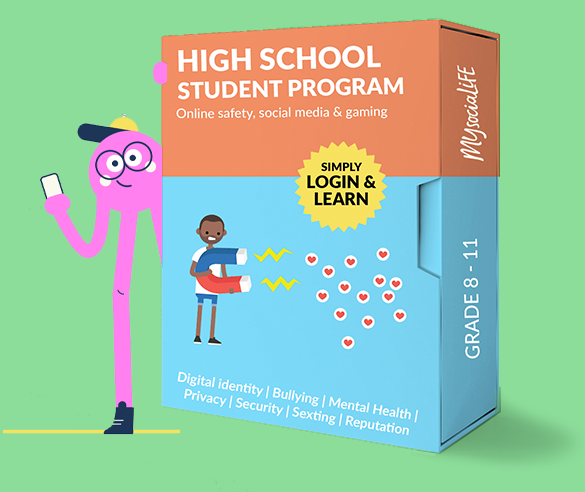
More detailed info on our modules!

Critical thinking
online
With so many falsehoods and traps online, how can students learn to discern right from wrong, safe from dangerous, true from false, and be equipped to make smarter decisions online.
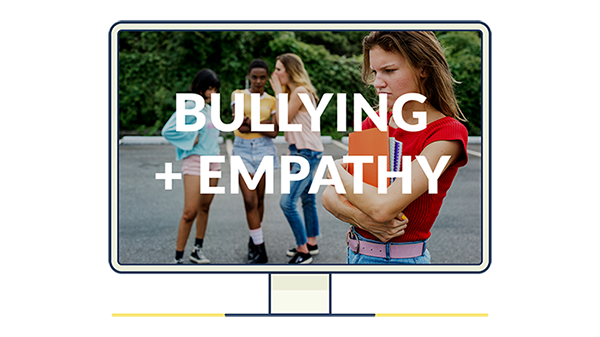
Cyberbullying
& empathy
Social media, messaging, anonymous “Ask Me Anything” forums, flaming, trolling, and shaming are just a few of the forms of bullying which create emotional and mental harm.
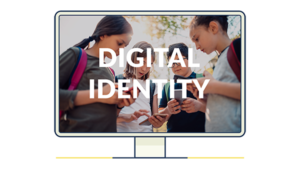
Digital identity
& footprint
Understanding that the internet keeps a record of your published content, hashtags, images, videos and account tags (forever) raises a key question: “After a decade of studying, and a bright future ahead of you, how do you appear online when searched?”
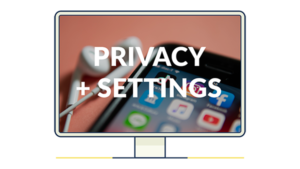
Understanding privacy & settings for platforms
Many students are unfazed by privacy concerns. We reveal the reality of manipulation and influence by a powerful and divisive algorithm. We show students how much more there is to privacy & how to use settings effectively.
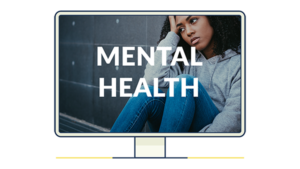
Mental health, brain-body connection & focus
Learners self-regulate better when they understand the connection between brain and body, and the impact of social media on mental health, focus, mood and sleep.
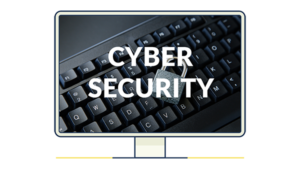
Cybersecurity, scams & clickbait
Cybercrime has become on of the most significant threats to economies in recent years. But do students understand how scams, clickbait and sextortion threaten their safety?

Sexuality online, sexting & sextortion
Sexuality is more than gender or ‘sex’. This module unpacks this layered topic and how it presents on social media, proposing ways to develop a healthier relationship with ‘self’.

Digital potential, the future of work & 4IR
There are many opportunities to excel when shown the digital path. We reveal inspirational ‘how-to’ videos, useful links and apps to explore, guiding teens to dial up their potential and differentiate themselves online.

